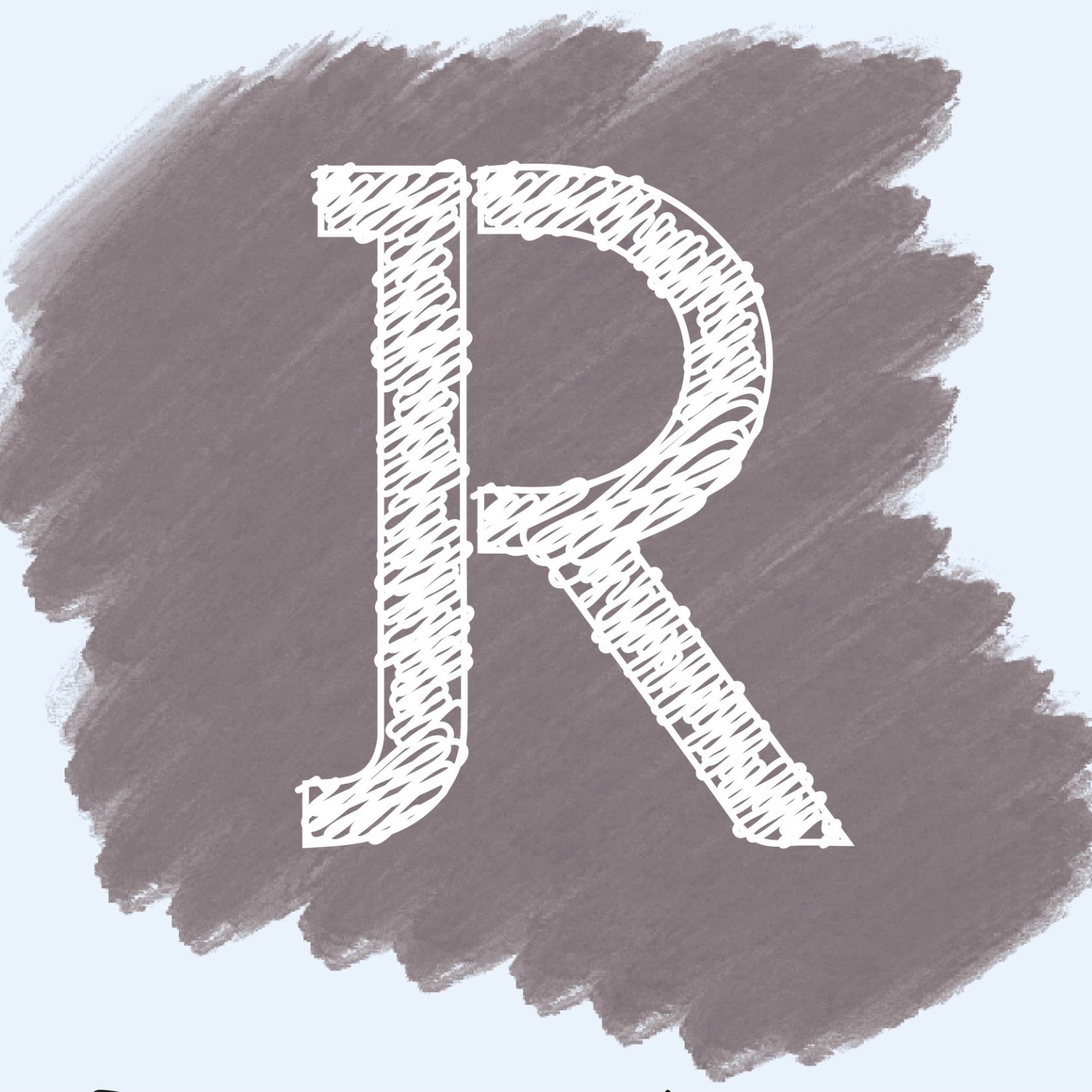INCLUSION LEARNING DISABILITIES
Home > Inclusion learning Disabilities
INCLUSION LEARNING DISABILITIES
Inclusion is giving opportunities to include all people in education and care regardless of their race, gender, disability, medical or any other need. Including people who have a disability is really significant for society as they have the right to live and access all kinds of facilities to flourish in their potential like their peers who do not have a disability.
Learning disability is an extremely reduced ability to understand new information and skills with a reduced ability to cope independently for impaired social functioning, which started before adulthood. The degree of learning disability can vary greatly, and it’s a lifelong condition which has no cure. A learning disability is different to a learning difficulty, which is a reduced intellectual ability for a specific form of learning and includes conditions such as dyslexia, dyspraxia, dysgraphia, dyscalculia, ADHD etc. A person with a learning disability may also have one or more learning difficulties. Additionally, there are several conditions and neurological disorders that often involve or cause some type of learning disability, including Down’s syndrome, autism, meningitis, epilepsy or cerebral palsy.
There are different possible causes for learning disability, including, an inherited condition – for example, Fragile X syndrome; and abnormal chromosomes – for example. Down’s syndrome or Turner syndrome; exposure to environmental toxins or infections and illness during pregnancy; a very premature birth; complications during birth, resulting in a lack of oxygen to the baby’s brain; illness – for example. meningitis or measles: or injury or trauma to the brain in early childhood. Sometimes the cause of a learning disability remains unknown.
Lots of people who have a learning disability can work, have relationships, live alone and get qualifications. Other people might need more support throughout their life.
It can be especially true for people with learning disabilities who have very minimal support or cooperation from within their community, which can sometimes lead to additional issues such as mental illness. Only including people with learning disabilities in everyday activities and encouraging them to have roles similar to their typical peers ensure inclusion in society.


